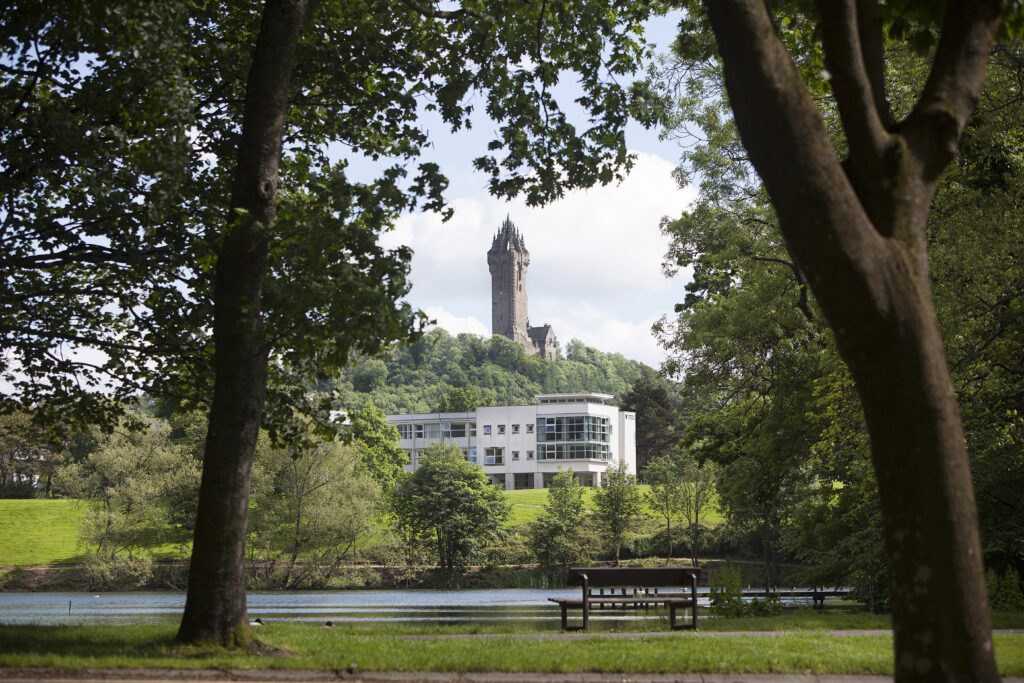
February 15th 2021
A new research project is being launched to find out how assistive technology can better support residents in retirement living schemes and people living with long-term conditions such as dementia.
The project called INVITE (promoting inclusive living via technology-enabled support) is being conducted by experts at the University of Stirling.
Funded by the Longleigh Foundation, the project will investigate the success of assistive and everyday technologies. It will also look at what further assistive technology might be needed for long-term conditions such as dementia in the future.
Working in partnership with social housing provider, Stonewater, the research team will work with retirement communities and their families in three areas of England – Eastbourne, Hereford and Nottingham.
Dr Jane Robertson, from the University of Stirling, said: “Technology-enabled support is a key goal of health and social care policies which seek to enable older people to remain independent within their own homes, or supported accommodation, for longer. But there can be a number of barriers to the mainstreaming of technologies, including a lack of co-production in the design of products with older people, poor awareness in both older people and staff, and limited staff training, all of which can lead to poor uptake, high rates of abandonment and lower levels of referral.
“Working hand in hand with Stonewater’s residents, frontline staff and other key stakeholders, we will examine how technologies are currently being used, how engagement with these could be increased and what new technologies or approaches could improve support in the retirement living schemes and ultimately enhance the health and wellbeing of those living there.”
Nicholas Harris, Chief Executive at Stonewater, said: “We are thrilled to be a partner in this exciting research project, which will help us improve and develop our support services for residents living in our retirement living schemes.
“The research will focus on ways to boost the physical and mental health, independence, recreational opportunities and connection to the natural world of our residents. Our aim is that by using such technology may not only give extra peace of mind to our residents’ families but will benefit our wider communities by helping isolated individuals to get involved with social activities.”
Learn more about technology in social care through our helpful resources or contact us for more information.
View all News